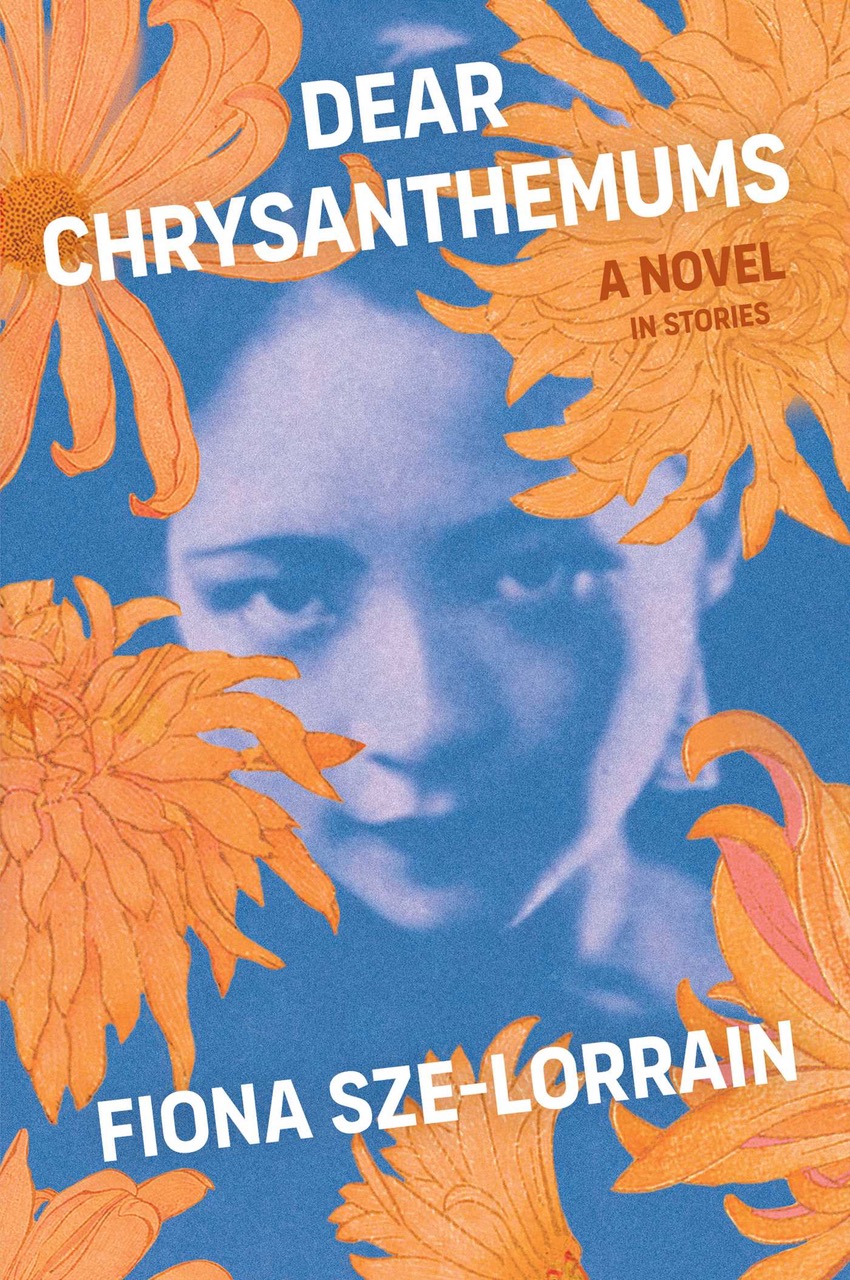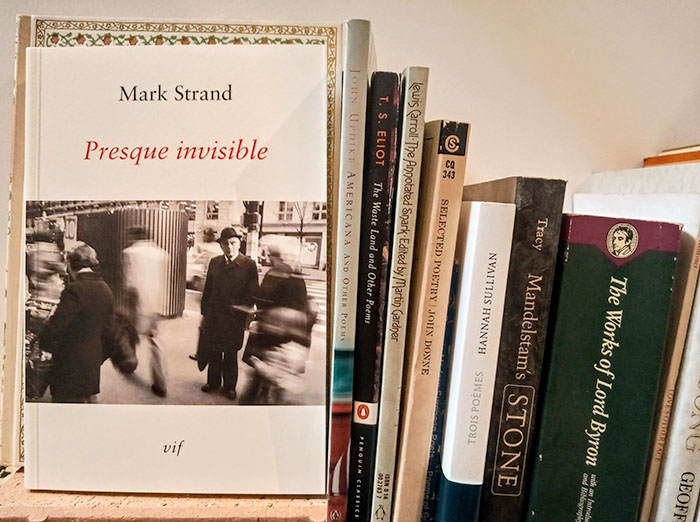
Fiona Sze-Lorrain is a poet, literary translator and musician. She writes and translates in English, French, and Chinese and is the author of several poetry collections and most recently a novel in stories, Dear Chrysathemums, published by Scribner in 2023. Longlisted for the 2024 Andrew Carnegie Medal for Excellence in Fiction, the novel celebrates diversity and women and features deeply compelling Asian women who reckon with the past, violence, and exile—set in Shanghai, Beijing, Singapore, Paris, and New York. Fiona lives in Paris and we were thrilled to welcome her in February to the Book Room, where she talked about her novel. If you missed her event, you can read the questions we asked and Fiona’s answers below:
Bill & Rosa: You are a musician and a poet, you have published several collections of poems, I was wondering what was the determining factor in your decision to write a novel? Was it a character, or a story that you felt needed to be told?
Fiona Sze-Lorrain: I don’t think in terms of boundaries or genres. Both a character and a story came to me, and in fiction I believe poetry exists too. Like in the case for other forms of creation, the beginnings are often mysterious. One of the best ways to honor beginnings is to leave them unexplained.
BR: The novel is written in English and if I’m not mistaken, the collections of poems that you’ve published are also in English, you are fluent in several languages, so I was wondering was writing in English a choice or was it obvious from the beginning?
FSL: Yes, I write mainly in English. I feel most succinct, transparent, precise, and emotionally honest when I express myself in English. To tell the truth, I often wonder if it’s to do with my Asian face that people need to ask about my relationship with English or French.
BR: Would you agree that in several stories in the novel, like “Death at the Wukang Mansion” or “Reading a Table,” objects play a significant role, they almost take center stage, could you tell us why you chose to focus on objects?
FSL: I believe in the afterlives of objects. An object has its soul. Objects are sites of memory. They can be performative. They also exist as places, come to think about it. For instance, we look for something somewhere . . .
In Dear Chrysanthemums, readers catch a glimpse of a family’s intimate life around a table in Singapore, the secrets of a white piano at rue Séguier in Paris, the histories behind the Wukang Mansion in Shanghai, a zheng harp passed on from a generation to the other, following a character across cities, then continents, and the possibly unsent letters from a sister . . . These objects and places are in fact my characters.
BR: Food is also quite present in almost all of the stories, in one way or another, with one of the stories actually centering around a type of food, why is that?
FSL: Your question reminds me that I’ve written poems about food too, so I can’t deny that food is a source of inspiration to me. More to that, I’m curious about the past and present of our food: how a dish evolves through individuals and events, for example. In one of the chapters, “Cooking for Madame Chiang,” the dish sela took on a new cultural self after being imported into Shanghai by the exiled Russian community during the early twentieth century. Because of its reincarnation, the dish found different new mistresses, who each seemed to identify it with freedom.
BR: The novel is made up of stories that are interconnected, did you consider writing or did you write transitions between the stories or was it always obvious to you that you want to leave it up to the reader to piece it together?
FSL: I get asked about this frequently since the publication of Dear Chrysanthemums. I find the conceit of a novel in stories refreshing, but no, I did not sit down telling myself that “I want to write a novel in stories.” Rather, I aimed to let each story and chapter dialogue with the other. I also wanted the book to be a reunion in itself. I had the image of a round table. Life is round, a[n] [im]perfect circle. Where is the beginning or the end? And does it matter?
BR: Music and musicality are ever-present in the novel, was that something that you were keen on including in the novel or did it just happen, because of your musical background?
FSL: Music did come naturally to me when I was working on the novel, even though I find it near impossible to write about music. It’s like writing about silence and writing silence itself. That said, it could be related to my musical background, as you said. I wouldn’t disagree.
Dear Chrysanthemums and Presque Invisible, poems by Mark Strand, translated by Fiona Sze-Lorrain and published bilingually, are available in the Book Room.
« Sze is a brilliant (really), talented, articulate, complex woman… The bottom line is that Fiona is an exceptional thinker and artist. A rare individual. » — Richard Schechner, Artistic Director, East Coast Artists, New York
« How can a book be simultaneously so beautiful and so heartbreaking? Dear Chrysanthemums explores the repercussions of the major events of modern Chinese history—the Chinese civil war, the Cultural Revolution, the Tiananmen Square massacre—as they echo throughout lives in the diaspora. Sze-Lorrain’s storytelling is graceful yet fierce—this is an important novel about histories that have changed the world. » — Shawna Yang Ryan, author of Green Island and Water Ghosts




